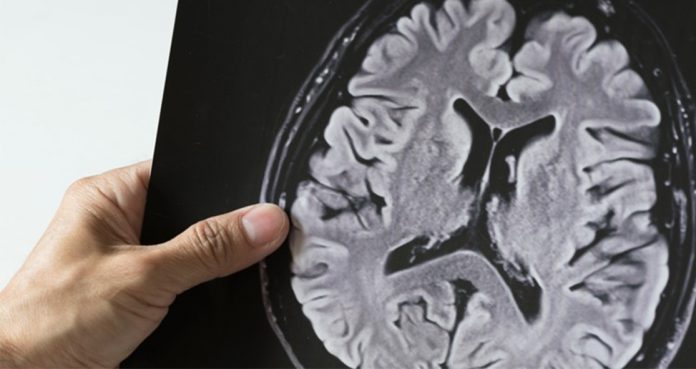According to a case study released Thursday in the New England Journal of Medicine, an 18-year-old teen who had complaints of seizures in the ER of an Indian hospital had tapeworm egg infestation in his brain.
Dr. Nishanth Dev and Dr. S. Zafar Abbas of the ESIC Medical College and Hospital, Faridabad, reported that the teen had visited the ER with swelling over his right eye and tonic-clonic (grand mal) seizures.
His parents reported that their son had experienced pain in his right groin for at least a week. He looked confused. On physical exam, it was revealed that he had tenderness in his right testis.
For further analysis and evaluation, doctors performed an MRI and noticed that cysts in his cerebral cortex and brain stem were causing damage.
The teen was diagnosed with neurocysticercosis, a tapeworm infection that affects the brain, muscles, and other tissues. Upon infestation, the parasite crawls out of the eggs that are deposited in the muscles and brain, forming cysts.
The doctors also discovered those cysts in the patient’s right eye as well as right testis. They were against treating the young man with anti-parasitic or anthelminthic medicine because of the location and number of the cysts, and the drug can worsen the inflammation and bleeding, causing vision loss. Rather, they advised him an anti-inflammatory drug, a corticosteroid drug, and anticonvulsant drugs.
However, the patient died two weeks after his arrival in the ER.
Cysticercosis is an infection that may occur worldwide; however, the parasitic invasions occur mostly in rural areas of developing countries where pigs roam openly and where sanitation is poor, according to the CDC.
Although parasitic infections may be rare in countries where pigs have no contact with human feces, cysticercosis can occur anywhere in the world, including the United States.
The signs and symptoms of cysticercosis depend on the number and location of the cysts, which include lumps under the skin, and sometimes, confusion, which is the typical sign of the brain damage occurring due to infection. They can be noticed within a few months or even years after infection.
Typically, cysticercosis calls for anti-parasitic medications in association with anti-inflammatory drugs; however, one may need surgery if they do not respond to the drug or have brain swelling. Please note that patients with cysticercosis cannot spread the disease to other people. People having a tapeworm infection in the intestine can only spread the potentially damage-causing eggs when there is lack of proper sanitation.






















